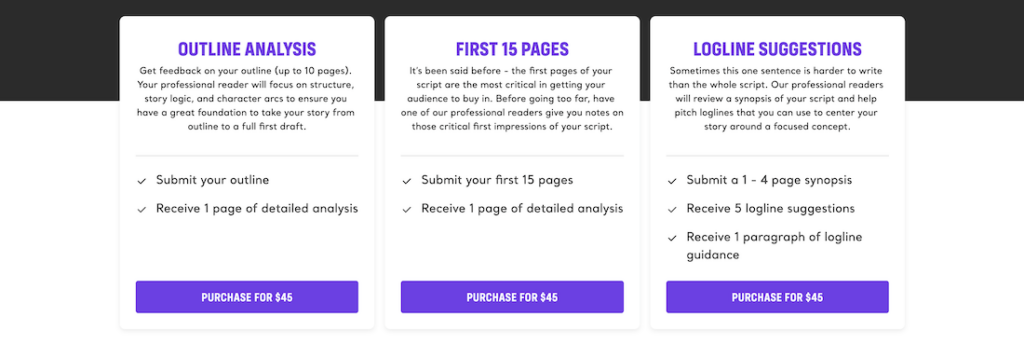Compiling a list of the 10 filmmaking books every aspiring filmmaker should read would have been a very difficult task when I was in film school — but for the 180-degree, polar-opposite reason that it is today.
There probably weren’t 10 books in existence about filmmaking at the time. My particular focus was screenwriting, and if I recall correctly (and you’ll figure out in a second why I might not), there were only two books that had anything to do with the subject of screenwriting at all: Syd Field’s Screenplay and William Goldman’s Adventures in the Screen Trade. Which were both relatively recent.
Every other text from which we gleaned screenwriting knowledge was not actually a book specifically about screenwriting, from Aristotle’s Poetics (plays) to Lajos Egri’s The Art of Dramatic Writing (also plays). So yeah, let’s just say this was a while ago. (I actually knew somebody who had the hairstyle we then referred to as the “Flock of Seagulls.”)
Got a great film you need help finishing? Enter it into the Film Fund Competition!
That was then, and this is now.
Today, there are so many books about every aspect of film and video production that there’s even a successful publisher, Michael Wiese Productions, that only produces high-quality filmmaking books. Like YA (Young Adult) fiction, it’s a category that barely existed decades ago but has now become its own best-selling genre.
Because there are so many hundreds (at this point, probably well over a thousand) potential “top picks,” I’ve focused on ten filmmaking books that were meaningful to me personally. Every one of them taught me things I didn’t already know. Each changed my perspective on the art of cinema or the business of film and television in some way. And every one of them left me feeling inspired. In the way a great foodie movie like Chef, Big Night or Babette’s Feast can make you hungry, these books made me hungry to get busy creating.
I’ve also made the decision to highlight filmmaking books that are considered classics because I think it’s critical to cinema that its artists have a shared lexicon of references. Just as it’s important for film students to study and understand the importance of movies made before, say, 2010 (black and white is okay! It will NOT hurt your eyes!), it’s important to read the filmmaking books that previous generations have deemed foundational (and that many current film and TV tomes are trying to emulate).
Read More: These Filmmaking Podcasts Will Change the Way You Make Movies
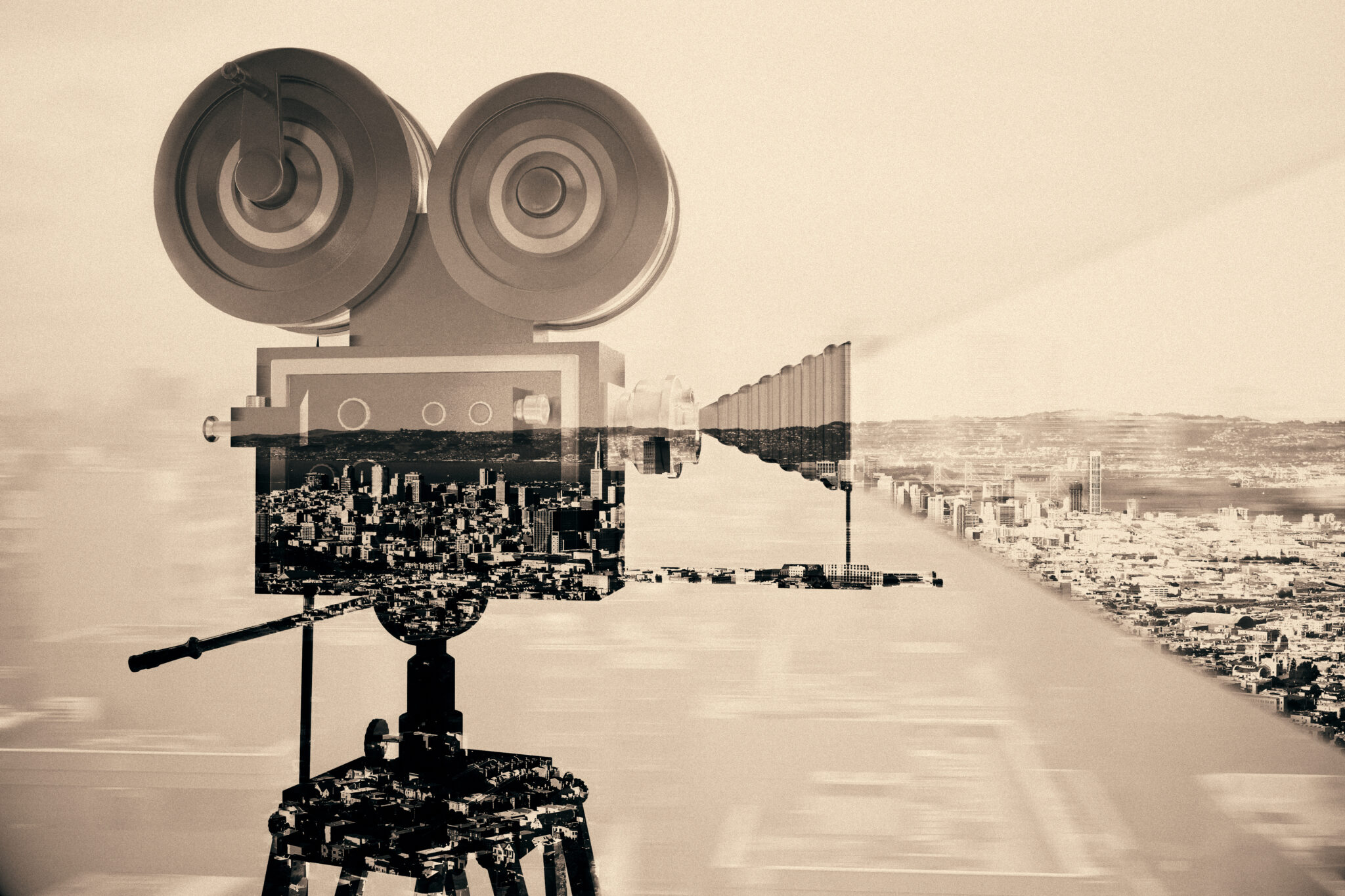
Adventures in the Screen Trade, William Goldman (1983)
Goldman, the writer of Butch Cassidy and the Sundance Kid, Marathon Man, All the President’s Men and The Princess Bride, among other classics, provides an often hilarious account of his singular career as a screenwriter that brought readers into the world of a professional screenwriter, creating a public awareness of what “screenwriting” actually entailed for the first time. It’s also partly a survival guide and warning about the vagaries of Hollywood and creativity. Its opening sentence, “Nobody knows anything,” has proven to be as memorable and oft-quoted by film buffs as the rest of his work.
Spike Lee’s Gotta Have It, Spike Lee (1987)
This chronicle of the making of She’s Gotta Have It is an inspiring deep dive into the boots-on-the-ground, nuts-and-bolts process of indie filmmaking, based on journals that Lee kept during the production. She’s Gotta Have It is one of the films that kicked off the modern era of independent film, and is still a touchstone today: Lee recently remade the film as a Netflix series. My most vivid memory of this book is Lee writing about trying to wedge a rented editing console (a Steenbeck, maybe?) into his tiny New York apartment.
Read More: The Script Lab: 5 Trademarks of a Spike Lee Script
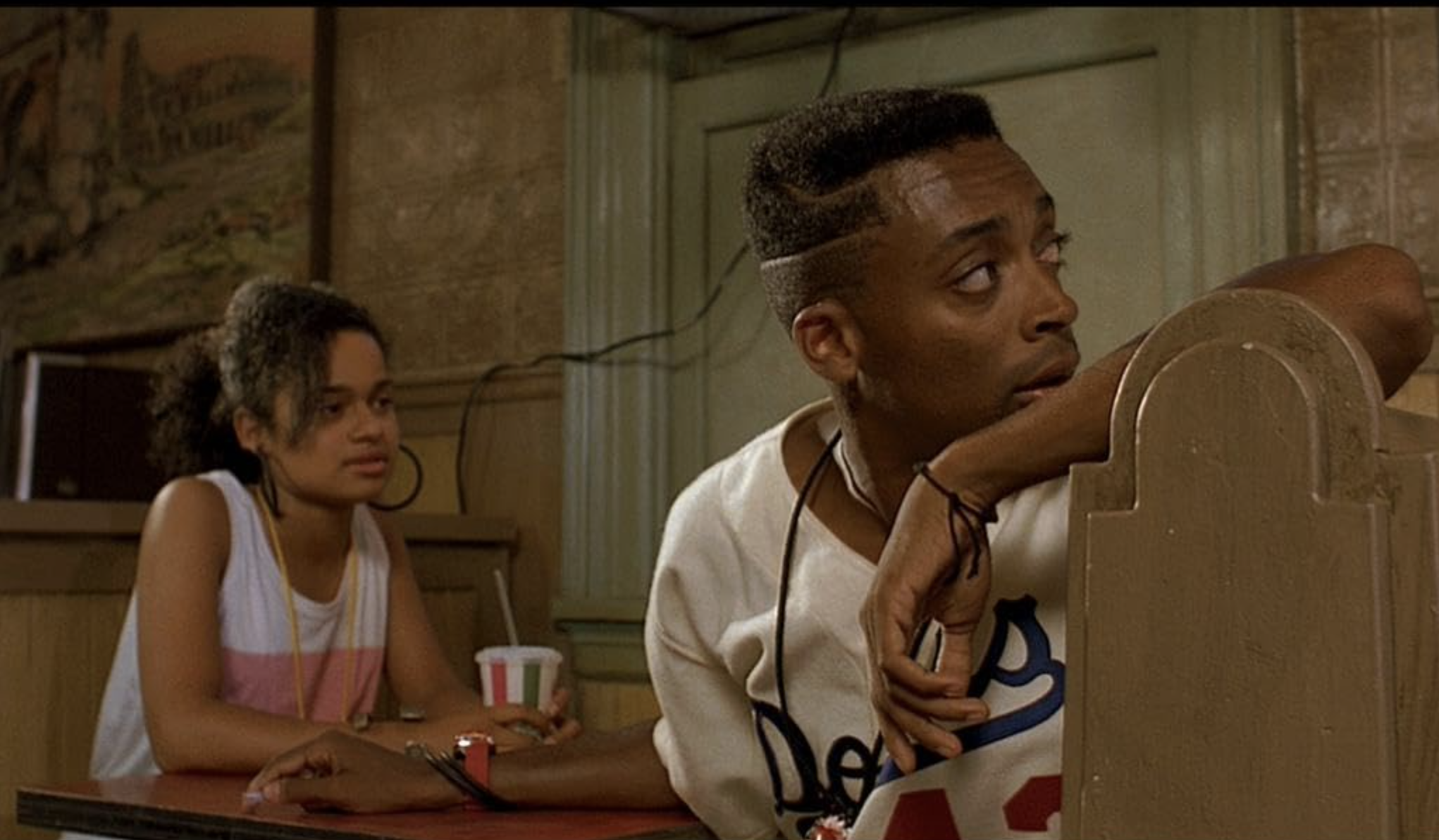
Do the Right Thing (1989)
Making Movies, Sidney Lumet (1996)
Another great New York filmmaker, Lumet was the director of such classics as Serpico, Dog Day Afternoon, Network and The Verdict. He lays out the process of getting a movie made and while it can be a little dismaying at times to realize that on some levels, it’s just as hard to make a movie that has a fantastic script and huge stars attached as it is to make a low-budget indie, this is ultimately an inspiring page-turner that’s a master class from one of the greats.
Rebel without a Crew, Robert Rodriguez (1996)
Decades later, it’s still hard to believe that such a stylish, inventive, visually witty film was made by a first-time director on a $7,000 shoestring budget. In this book, he literally tells the reader how he did it — the book reads almost like a bonus feature to the film. Thanks to Rodriguez’s passion and zeal for his work, this behind-the-scenes account crackles with energy — you will definitely finish this book knowing that you, too, can make a movie worth watching for next to nothing.
Read More: The Script Lab: Download El Mariachi
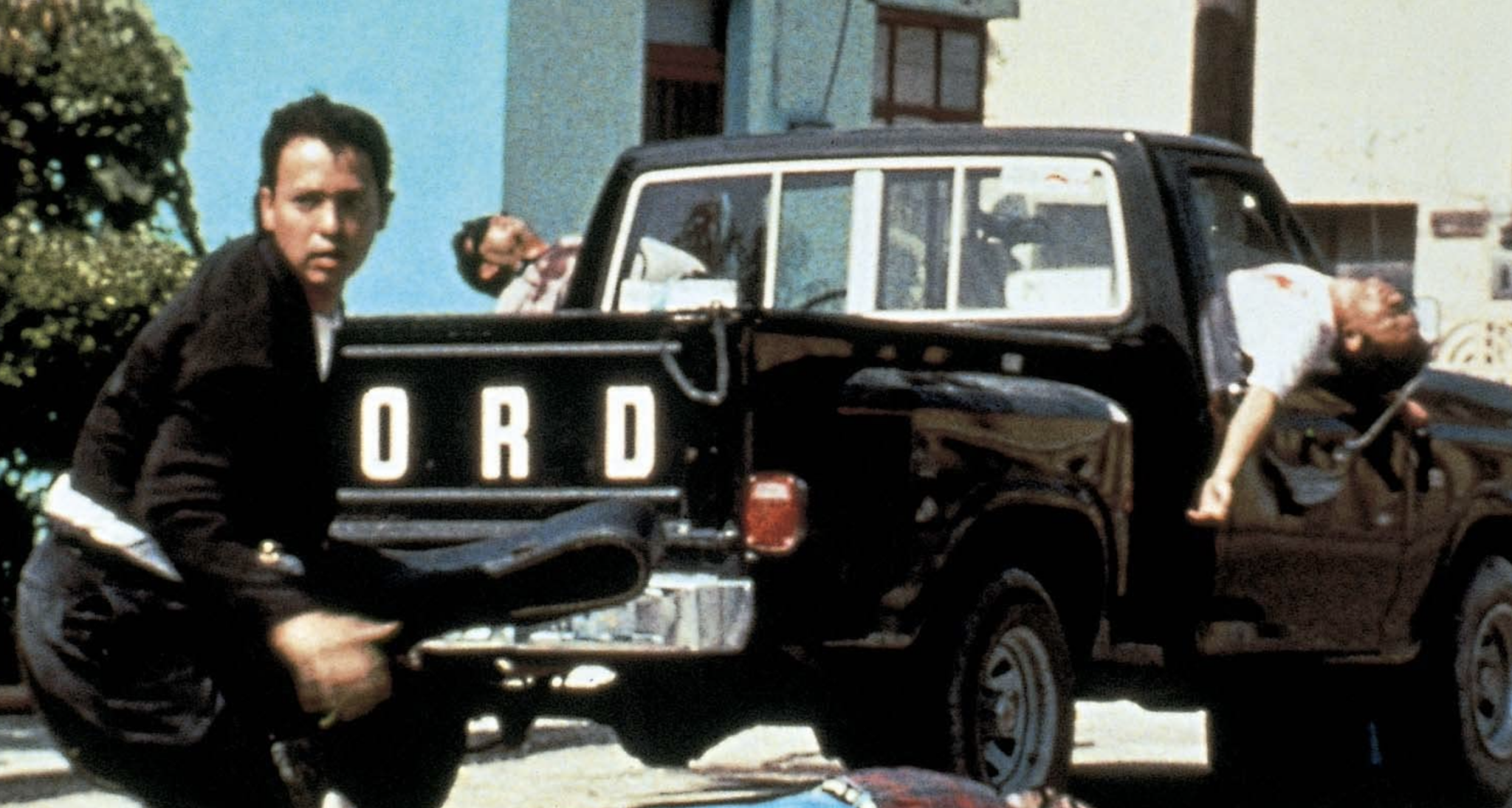
El Mariachi (1992)
Every Frame a Rembrandt, Andrew Laszlo (2000)
The veteran director of photography walks his readers through five motion pictures he shot, teaching the fundamentals of cinematography along the way. “War stories” from the sets of Southern Comfort, The Warriors, Rambo: First Blood, Streets of Fire and Innerspace illuminate unique pictorial challenges in each production. Essentially the book version of the author’s acclaimed and highly popular 2-day cinematography seminar, Every Frame a Rembrandt brims with absorbing accounts of how the look of a film is crafted by professionals with decades of experience.
In the Blink of an Eye, Walter Murch (2001)
A superb introduction to the art of film editing by one of its masters: Murch, who edited the Godfather trilogy and classics such as Ghost and The English Patient, is not only an Oscar-winning editor but was also the first person to ever receive an on-screen credit as “sound designer” (for Apocalypse Now). His “Rule of 6” (6 criteria to consider in making a cut) has become a touchstone, and his theories about the psychological aspects of editing are endlessly fascinating. An embracer of new technologies, Murch updates this volume from time to time as editing systems advance; he was the first editor to cut an entire feature film in Final Cut Pro (Cold Mountain). Essential for editors of any type of cinema.
If It’s Purple, Someone’s Gonna Die, Patti Bellantoni (2005)
A fascinating exploration of the use and symbolism of color in filmmaking, the author posits that certain colors (utilized either with instinct or intent) can actually not only influence emotions, but create them. The book’s intended audience is the visual designers of films — it’s priceless alone for its interviews and comments from cinematic heavy hitters such as production designer Henry Bumstead (Vertigo, To Kill a Mockingbird, The Sting and most of Clint Eastwood’s films including Unforgiven) and cinematographer Roger Deakins (The Shawshank Redemption, Fargo and many other Coen Brothers films, and two Oscars recently for Blade Runner 2049 and 1917). However, even as a screenwriting teacher, I found this book essential for getting me to think about ways to get students out of the “action…dialogue…dialogue…action” box and be more visual on the page.
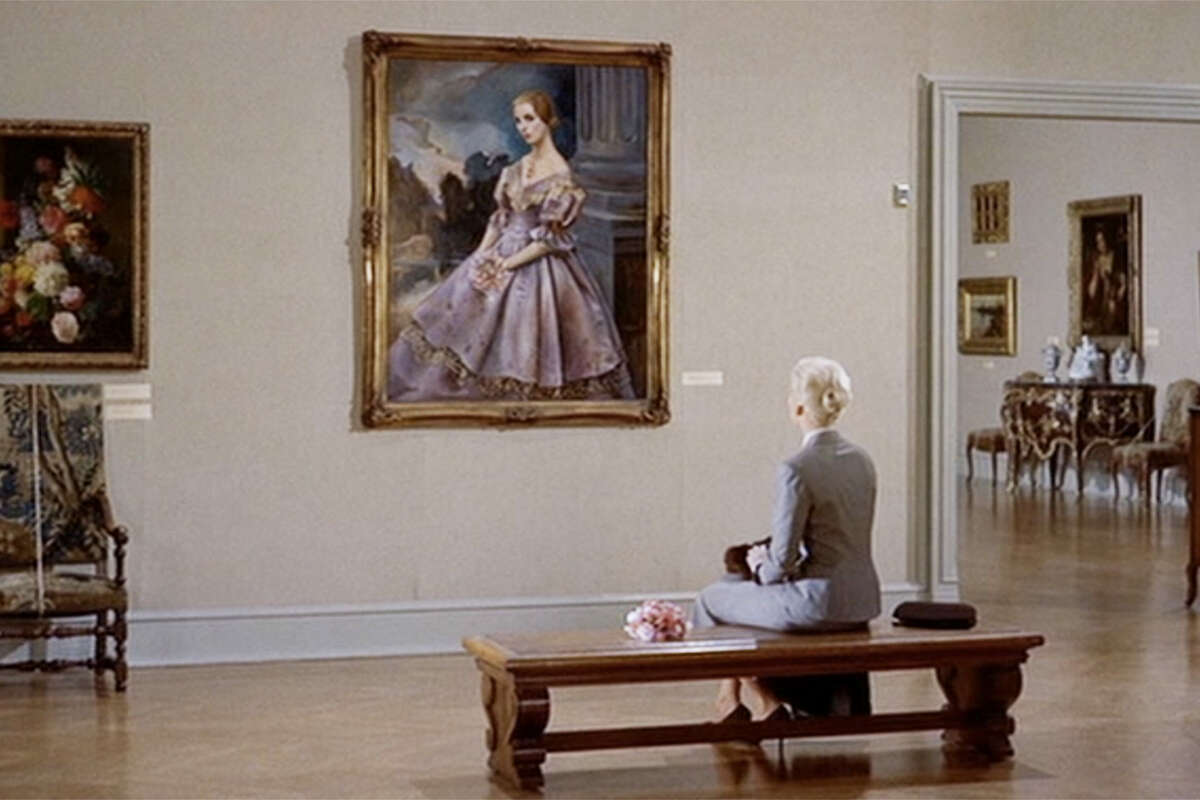
Vertigo (1958)
The War of Art, Stephen Pressfield (2002)
Pressfield, famed as a historical novelist (his Gates of Fire is an even better version of the Battle of Thermopylae than 300) has some street cred in the movie world: his book The Legend of Bagger Vance was turned into a major motion picture starring Will Smith and Matt Damon. But Pressfield also has a side gig as a writer of inspirational works aimed mostly at writers and let me tell you, this guy feels your pain. You’re getting the goods here, from someone who has faced the blank page and had to come up with something out of nothing. I never use the words “writer’s block,” but when I have a few times in the past gotten…let’s call it “stuck”…this book helped me get my fingers tapping at the keyboard again. I’ve bought many paperback copies of this treasure and given them away to writer friends as gifts. Practical but spiritual at the same time, it’s a quick-read breaker of creative logjams and a map that guides, to paraphrase Mary Heaton Vorse, “the seat of the pants to the seat of the chair.”
So You Want to Be a Producer, Lawrence Turman (2005)
There are a number of fantastic filmmaking books that focus on producing: Christine Vachon’s Shooting to Kill and Julia Phillips’ You’ll Never Eat Lunch in This Town Again both spring immediately to mind. But this how-to from the producer of The Graduate and more than 40 other films is uniquely encouraging and enthusiastic about the job of producing. Describing it as a frustrating rollercoaster ride, he also insists, “Even the complainers love it.” The producer of The Thing, Short Circuit, The River Wild and American History X — and for more than 25 years, the chair of USC’s eminent Peter Stark Producing Program — Turman covers the entire process of making and releasing a film, from raising money through hiring the creative talent to marketing the finished product. A brass-tacks look at the mechanics of making motion pictures from an authoritative source whose work was always smart and frequently influential.
Letters to Young Filmmakers, Howard Suber (2012)
Deceptively breezy and easy to consume in one thoroughly enjoyable sitting, legendary UCLA professor Suber distills a lifetime of teaching emerging filmmakers into this single repository of advice and encouragement. Inspired by Rilke’s Letters to a Young Poet, Suber’s cinematic pearls of wisdom will echo in your brain later when you’re on set or at the keyboard. His chapter that takes a skeptical view of the age-old advice, “Write what you know,” will be very familiar to my screenwriting students. His chapter simply titled “Decisions” is meant for filmmakers but honestly? It’s just a solid overall life lesson. If you don’t have a mentor in the business, at least you can read a mentor’s book.
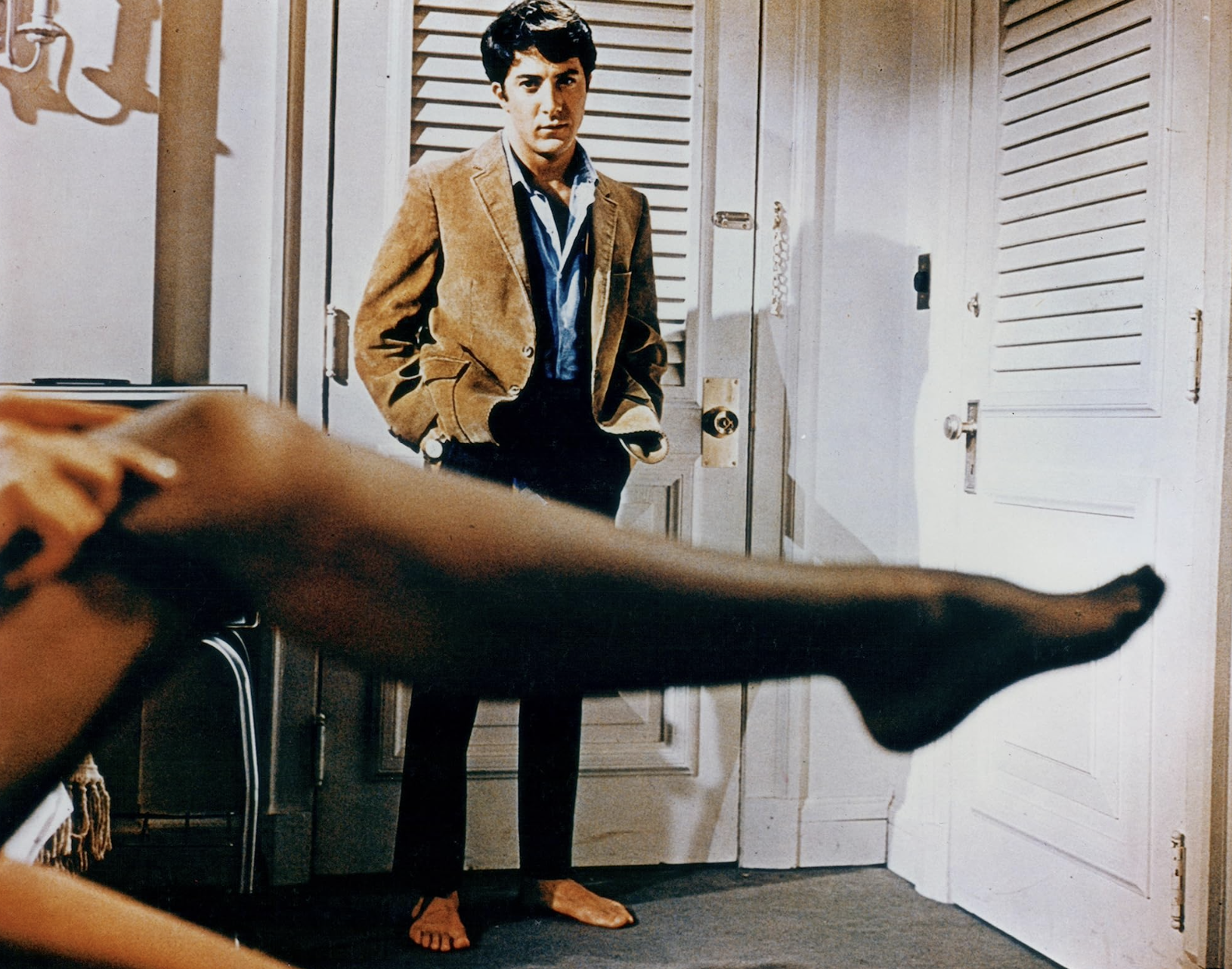
The Graduate (1967)
Read More: 10 Best Filmmaking Websites for Indie Filmmakers
Karl Williams is a screenwriting instructor at Scottsdale Community College in Arizona. He has won the Comedy and Sci-Fi Awards at the Austin Film Festival and the Jack Nicholson Prize for Excellence in Screenwriting at UCLA, where he earned his MFA. In addition to blogging for Final Draft, he co-hosts the screenwriting advice podcast Get Your Story Straight.
CHECK OUT OUR PREPARATION NOTES SO YOU START YOUR STORY OFF ON THE RIGHT TRACK!
The post 10 Filmmaking Books Every Aspiring Filmmaker Should Read appeared first on ScreenCraft.
Go to Source
Author: Karl Williams


